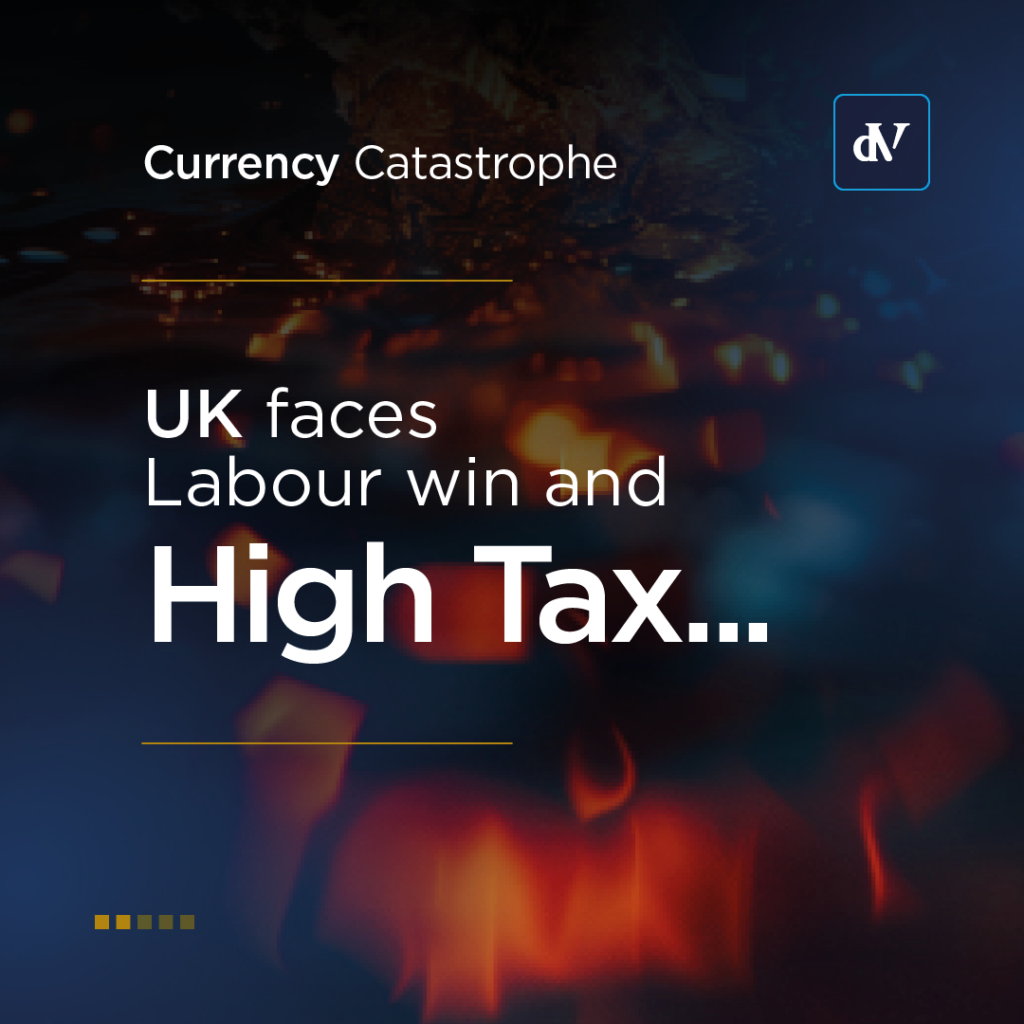|
Getting your Trinity Audio player ready...
|
The world’s deep-rooted dependency on oil means price movements impact almost everything. Russia’s invasion of Ukraine has sparked widespread economic sanctions from Western nations, which have pledged to cut Russian oil and gas imports significantly.
The reduction in supply inevitably caused a spike in fuel prices worldwide. However, just weeks after prices peaked at $130 per barrel on the WTI (one of the leading global oil benchmarks), prices have begun to slide. The cause? China’s sudden string of COVID-19 lockdowns.
Russian oil and gas exports do not appear to have plummeted
Despite the rhetoric in the media, Russian oil and gas exports do not appear to have plummeted. According to Fortune magazine, “Russia is still managing to trade its oil and gas by slashing prices, setting up financial workarounds, and leveraging its position as the world’s largest exporter of such products.”
In recent weeks, the Kremlin has remained tight-lipped about its oil and gas exports. Reuters recently reported that: “a Russian analytical unit affiliated with the Energy Ministry did not publish monthly oil and gas output data on April 2, according to two clients, the first delay in years amid reports of a production decline”.
The Energy Ministry and CDU TEK, which describes itself as a permanent member of the task force for monitoring the production and consumption of oil products in Russia, did not respond to requests for comment.
Despite all of the talk around energy insecurity and oil price led inflation, an emerging crisis in China appears to be creating a potentially more significant issue for global supply chains.
Following weeks of price volatility, the WTI sunk to $98 a barrel as fears of wider restrictions from Beijing spooked markets. It appears now that the equally unnerving news stories of COVID-19 and Russia’s invasion of Ukraine could indeed be creating the perfect inflationary storm, which could create long and deep-rooted issues for global markets.
What’s happening in China, and why is it significant?
China is currently battling against its worst COVID-19 outbreak to date. President Xi Jinping’s zero-COVID policy has seen the country introduce a string of severe lockdowns. Reports indicate this has led to “food shortages, people being locked in their homes for weeks, and a policy of killing pet dogs suspected of being infected with COVID”.
Following a month of restrictions, China’s tech hub Shenzhen, the city has finally emerged from lockdown, providing some much needed good news. However, the world’s eyes are fixated on Shanghai, China’s biggest city, which has remained under lockdown since March 28.
Shanghai, home to the world’s largest container port, is experiencing massive delays, with containers waiting on average for 12.1 days before they are picked up by truck and delivered to destinations inland, according to p44’s data for April 18. That’s up from 4.6 days on March 28. Fewer ships are also berthing at Shanghai, with vessels being diverted elsewhere, exacerbating the already severe supply chain pressures.
Looking globally, one in five container ships are now stuck in ports. 30% of this backlog is attributed to China’s lockdowns. Stories of companies in the US hiring consultants to advise on how to shrink packaging as much as possible to get more units into shipping containers are becoming more frequent in the United States and beyond. Greg Hayes, CEO of an office furniture company in the US, says he has had to “reluctantly raise prices by 20% as a result of the supply chain pressures.”
Extortionate fees becoming unaffordable for certain businesses
Freightos, the online freight marketplace, has reported that shipping rates from Asia to the US West Coast, home to America’s busiest ports, are almost triple what they were a year ago and 10 times what they were two years ago at about $16,000 per container.
The extortionate fees are becoming unaffordable for certain businesses, who are now being forced to raise their prices, absorb costs or seek alternative manufacturing and import strategies. Investors must be wary of how this may negatively affect companies’ balance sheets and profit margins. Stocks with business models less reliant on imports are likely to benefit from this environment.
For the consumer, this reality will drive prices higher, and as was the case during the heights of the COVID pandemic, supply chain issues will take a significant amount of time to resolve themselves. So whilst oil prices might be lower than they were a number of weeks ago, the underlying reason poses a greater risk for short-medium term inflation.



